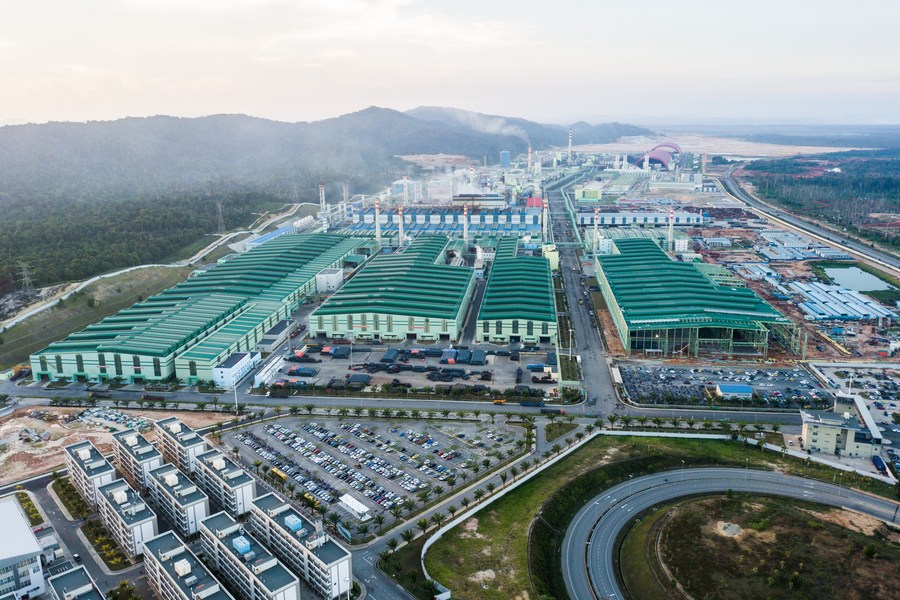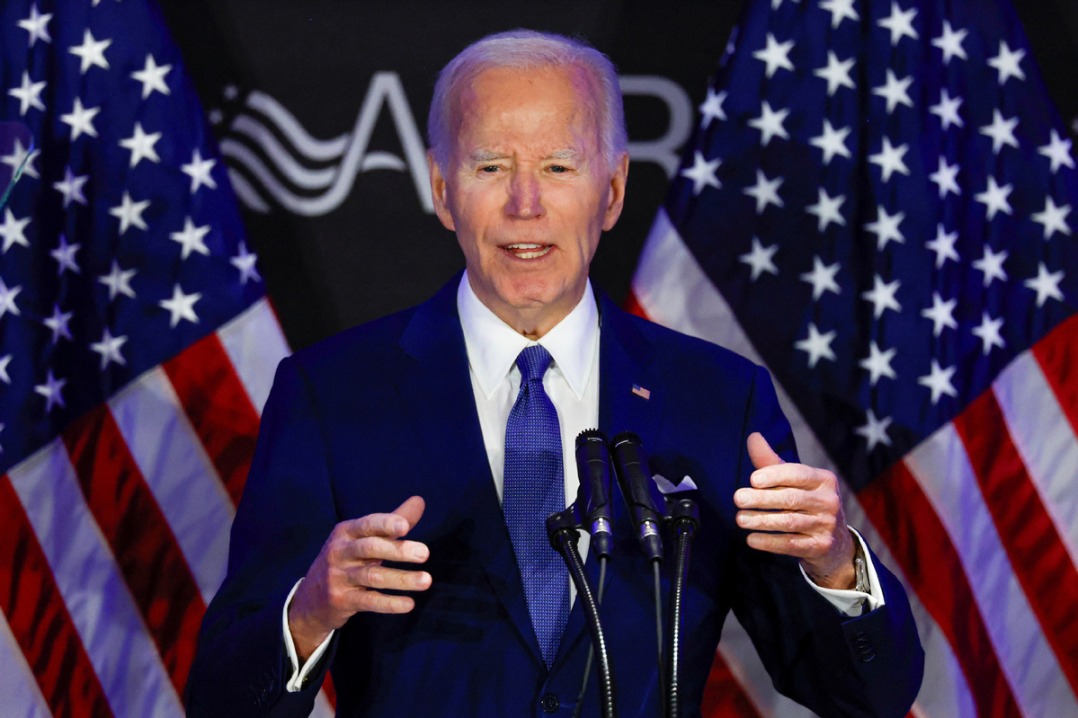Synergy in ties with Malaysia reaps benefits
EVs, energy and digital economy seen as new growth factors for collaboration


Over the past 50 years, friendly cooperation between China and Malaysia has steadily advanced the relationship to a historic peak, said Malaysian diplomats and business leaders, adding that the deepening economic collaboration and people-to-people exchanges will propel future bilateral relationships to new heights.
"Malaysia was the first country in Southeast Asia to establish diplomatic relationships with China," said Niqman Rafaee M. Sahar, minister counselor of trade for the Malaysian embassy in China.
"China is a very important trading partner to Malaysia. It has remained Malaysia's largest trading partner for the past 15 consecutive years, representing 17.1 percent of Malaysia's total trade with the world. If people want to see why is China so special to Malaysia, this is one of the reasons."
Loh Wee Keng, chairman of the Malaysian Chamber of Commerce and Industry in China, has experienced firsthand the changing dynamics of economic collaboration between China and Malaysia.
"When MayCham was founded in 2003, we only had less than a hundred members and only one office in Beijing. Since then, the number of members has continued to grow to over 600 now, and we have four offices in different Chinese cities to better serve our members. This is a testament to the growing volume of economic collaboration between the two nations," Loh said.
The range in bilateral trade has also grown wider in past decades, said Loh who started his business in China in 1995.
"When I first came here, bilateral trade was mostly done by governments and mainly revolved around big commodities, like rubber and palm oil. But over the years, I can see a lot of differences, especially after China and ASEAN signed the free trade agreement," Loh said.
According to data from MATRADE, Malaysia's major exports to China have expanded from limited commodities to electrical and electronic products, chemicals and chemical products, and manufactured metals.
"China's exports to Malaysia have changed from low-value products like garment and fashion wear in the early days to electrical products, high-tech products like machinery, and now to almost everything, including cars, drones and furniture," Loh said.
In the past 50 years, China and Malaysia's trade cooperation began with basic raw material exchanges."Now, the focus has shifted toward high-tech and high-quality products. While Chinese goods were used to be known for being cheap, they now offer great value for money and competitive technology that can compete with developed countries," Loh said. "I decided to explore opportunities in China in its early reform and opening-up phase, with everyone optimistic about China's upward development trajectory. Back then, China was seen as a rising lion just waking up. Today, China leads the world in various fields."
The two sides can do more things in the coming years, Niqman said."For example, e-commerce is a big industry in China with a market size of billions of dollars. That's where Malaysian companies can come and collaborate together with Chinese peers. And that's why Chinese customers can buy our Musang King durian online."
Potential areas
Niqman also listed energy and renewables, health and halal products as potential areas.
Loh said green energy, AI and the digital economy are areas that hold the most potential for deeper collaboration.
"China now leads the world in areas, including EVs, AI and big data. When Chinese companies invest in Malaysia in these sectors, both countries benefit. For Chinese firms, Malaysia offers lower production costs than at home, and Malaysia's global trade networks and experience can help them expand internationally," Loh said.
"In turn, Malaysia stands to gain from China's advanced technology in these areas. By attracting Chinese investment and transferring technology, Malaysia could become a tech hub in ASEAN. At the same time, China's investments not only create jobs in Malaysia, but also boost the country's economic growth."
This economic synergy between China and Malaysia helps to foster positive bilateral relations, he said, adding that people-to-people exchanges are also increasingly vital in strengthening the relationship.
Tourism stands out as a key area. Following the bilateral visa waiver implemented last year, there has been a notable surge in cross-border tourist visits.
Educational cooperation is also deepening. "Previously, Malaysian students used to choose Hong Kong and Singapore for further studies. However, the Chinese mainland is now becoming a top choice due to its advancements in fields such as medicine and aviation," Loh said.
China also sees a significant number of students choosing to study in Malaysia. In 2023, China led with 26,627 student applications for Malaysia, showcasing a significant preference for studying there.
yangran1@chinadaily.com.cn

































